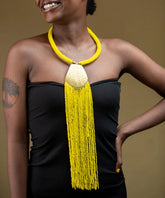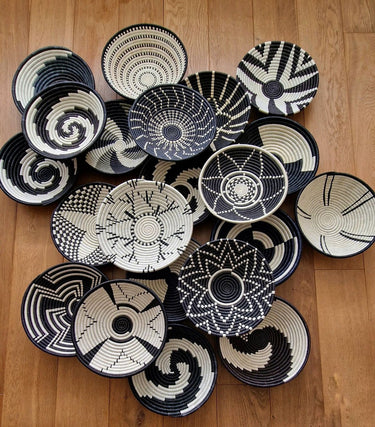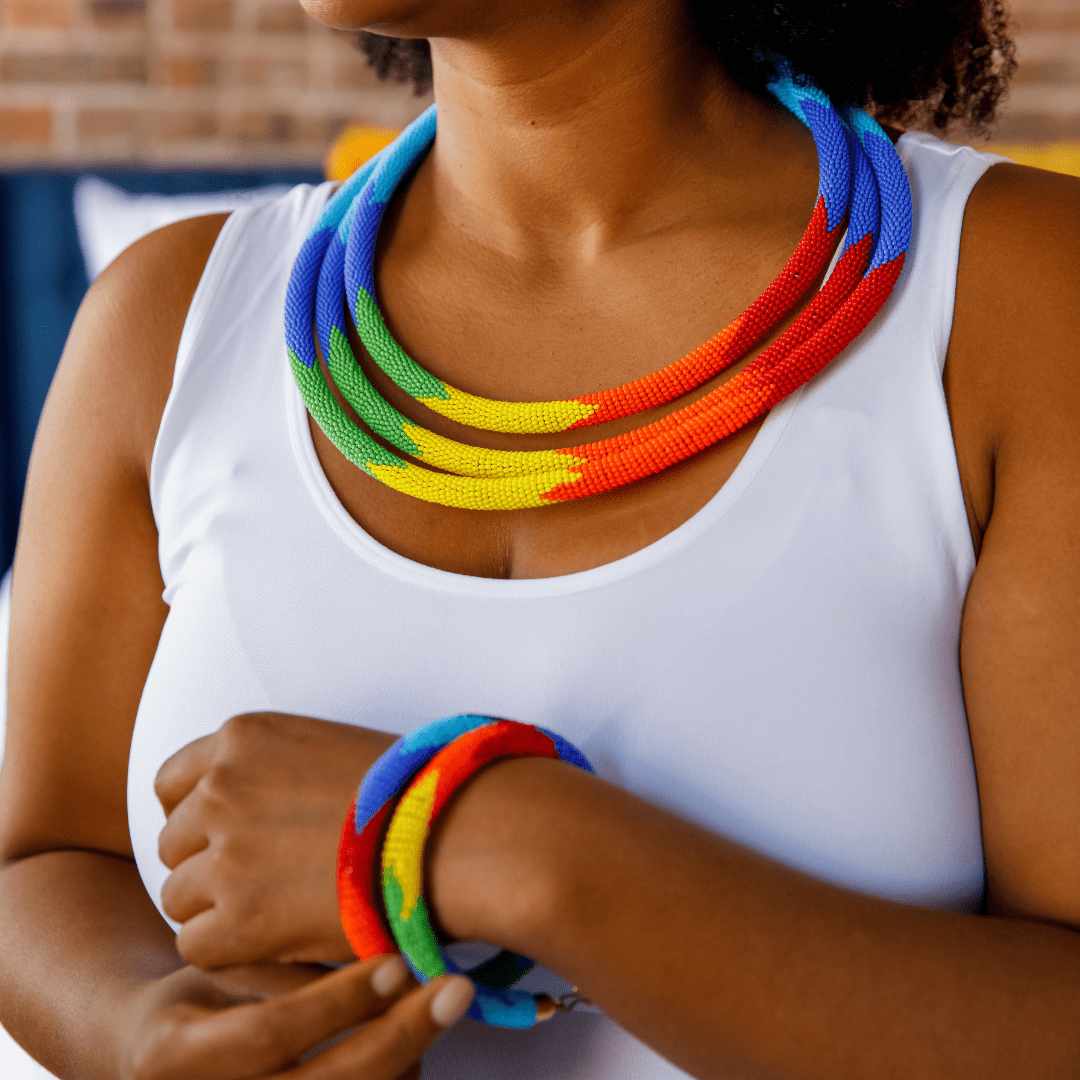Ethical African Handicrafts: A Retailer’s Guide to Sustainable Sourcing
Discover how to source ethical African handicrafts for your retail business. Support artisans, ensure fair trade, and attract conscious consumers.
The demand for ethical African handicrafts is growing as consumers prioritize sustainability, cultural authenticity, and fair trade. As a retailer, sourcing these unique products responsibly not only supports African artisans but also strengthens your brand’s reputation.
In this guide, you’ll learn:
✅ Where to find authentic African handicrafts
✅ How to verify ethical sourcing practices
✅ Ways to market these products effectively
✅ Common pitfalls to avoid
Let’s dive in!
Why Ethical Sourcing Matters for African Handicrafts
Ethical sourcing ensures:
-
Fair wages for artisans
-
Sustainable materials (e.g., recycled glass, organic cotton)
-
Preservation of traditional craftsmanship
-
Positive brand storytelling for your retail business
Consumers are willing to pay up to 30% more for ethically sourced goods (Nielsen Report). By aligning with fair trade principles, you attract socially conscious shoppers.
Ethical sourcing isn’t just good for the world—it’s good for business. By supporting African artisans, you differentiate your retail brand and appeal to conscious consumers.
Next Steps:
-
Research suppliers from the list above.
-
Request samples to verify quality.
-
Tell the story behind each product.
Have questions? Comment below—we’d love to help!




